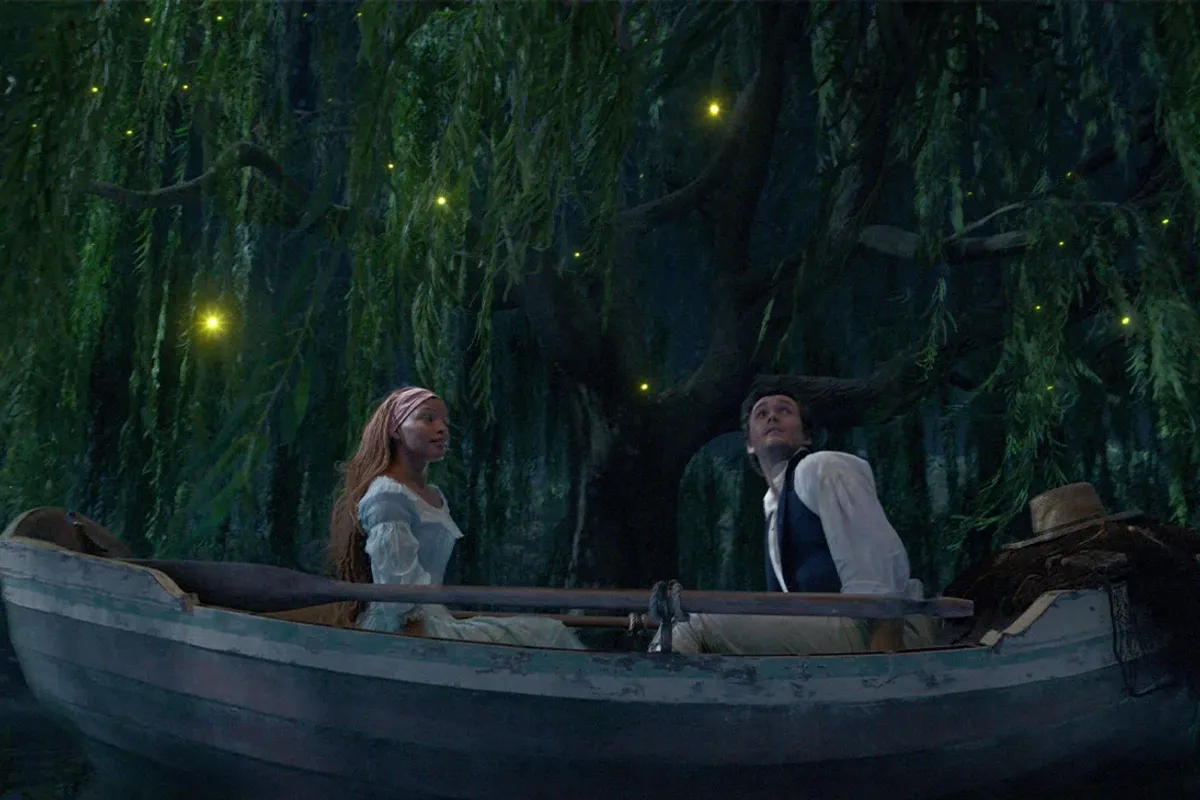
Disney’s live-action remake of “The Little Mermaid” is sure to have songs that 90s kids have known by heart since childhood. However they might find that certain lyrics are a tad different than what they’re accustomed to in those sing-a-longs.
Prolific composer Alan Menken, who wrote the iconic tunes for quintessential Disney movies like “Beauty and the Beast,” “Aladdin,” and, yes, “The Little Mermaid,” revealed in an interview with Vanity Fair that the songs “Kiss the Girl” and “Poor Unfortunate Soul” would be undergoing slight tweaks for the upcoming remake.
In case the lyrics don’t hold a spot rent-free in your mind, here’s a Disney sing-along for “Kiss the Girl,” when Prince Eric and a voiceless Ariel go on a romantic boat ride together:
Though Menken didn’t specify which lyrics are being changed, he did suggest that the songs were being revised to incorporate a more modern take on consent. “People have gotten very sensitive about the idea that [Prince Eric] would, in any way, force himself on [Ariel],” he told Variety.
Similarly, in “Poor Unfortunate Souls,” the sea witch Ursula tells Ariel that “on land it’s much preferred…for ladies not to say a word,” adding that men aren’t “impressed with conversation” and that a woman who “holds her tongue” is the one who “gets a man.”
Granted, as Menken noted, this song is a moment in which Ursula, the story’s villain, is doing an obviously villainous thing by trying to manipulate Ariel into giving up her voice (both literally and figuratively). But he felt that as previously written the song “might make young girls somehow feel that they shouldn’t speak out of turn.”
Menken’s planned tweaks reflect a growing trend. Only last year in 2022, both Beyonce and Lizzo immediately changed lyrics to their songs after receiving backlash that the lyrics contained “ableist slurs.” And music isn’t the only faction of pop culture to undergo changes in an effort to reflect more current perspectives. Earlier in 2023, the language in Roald Dahl classics like “Charlie and The Chocolate Factory” and “James and The Giant Peach” was modified to what some felt were overzealous extremes, swapping out gendered words like “mother” and “father” for gender-neutral words like “family,” for instance.
Regardless of whether these changes fall under the “completely necessary” category or “cancel culture run amok,” it is interesting to notice this emerging real-time interaction between creators and consumers. Art is so often a reflection of the times, and this kind of rejiggering of how we use language specifically is also telling of the current state we are in as a society. Clearly, we are in the midst of figuring things out—what exactly is consciously creating vs. adhering to censorship—and it’s very much a work in progress.
